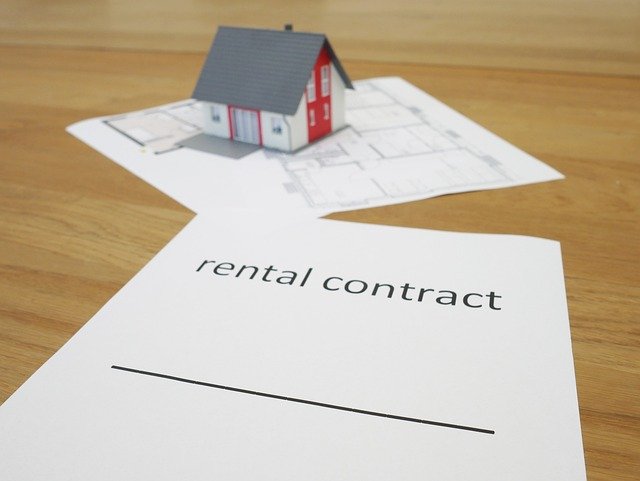No deposit apartments for rent are an increasingly visible option in many rental markets, offering alternatives to the traditional cash security deposit. These arrangements can reduce upfront cost for tenants, but they also carry distinct terms, fees, and responsibilities that influence monthly living costs, landlord protections, and the renter’s financial exposure. Understanding how no-deposit programs work helps you compare offers, assess risks, and decide when a deposit-free move makes sense for your situation.
No-deposit options are part of broader housing alternatives that aim to lower the upfront barrier to renting. Landlords may accept deposit replacement products, insurance policies, or contractual guarantees instead of a cash deposit. For renters, this can make securing housing faster and more affordable up-front, particularly in competitive local services or high-rent areas. However, acceptance varies by landlord and property manager, so availability depends on landlord policy and local housing regulations.

Apartment: what to check in listings
When looking at apartments that advertise “no deposit,” examine the listing and lease closely for wording about fees, damages, and end-of-lease obligations. Some apartments use third-party providers that issue a damage guarantee or insurance; others may require a credit check, higher monthly rent, or a nonrefundable administrative charge. Verify whether the absence of a deposit means you’re still responsible for repayment for repairs or unpaid rent and how claims are resolved.
Renting: eligibility and tenant screening
No-deposit programs do not eliminate screening. Landlords and providers typically still run background and credit checks and set eligibility standards. Some programs accept tenants with lower credit scores in exchange for a higher monthly fee or co-signer requirements, while others require steady income or employment verification. Understand whether the program affects your renter’s insurance requirements and whether landlords can still pursue you for damage costs beyond what an insurer or provider covers.
Deposit: common alternatives and responsibilities
Common alternatives to a cash deposit include deposit insurance, surety bonds, third-party guarantees, or a credit-card authorization hold. These alternatives shift risk from the landlord to an insurer or guarantee company in exchange for a fee or premium. Tenants should learn which kinds of damages are covered, whether normal wear and tear is excluded, whether providers cap payouts, and how disputes are handled. Some alternatives leave the tenant liable to reimburse the provider after a claim.
Lease: contract language and potential risks
Lease language is crucial when entering a no-deposit agreement. Look for clauses describing how damage claims are filed, timelines for contesting charges, and any indemnification clauses that require you to repay a provider. Some agreements may include automatic billing for damage amounts or require arbitration for disputes. Clarify who pays for cleaning or repairs at move-out and whether the landlord can still issue direct claims against you outside the provider arrangement.
For renters comparing options, several real providers offer deposit alternatives or guarantees. The table below summarizes common services and a general cost estimation to help with comparison. Confirm current terms directly with each provider and your landlord before signing.
| Product/Service | Provider | Cost Estimation |
|---|---|---|
| Security deposit alternative insurance | Rhino | Typical cost: estimated $5–$25 per month or a one-time nonrefundable fee equivalent to a portion of one month’s rent (est.) |
| Deposit-free move-in guarantee | Obligo | Typical cost: often a monthly or tied-to-account arrangement with potential hold on card; fees vary by property and provider (est.) |
| Lease insurance / damage protection | LeaseLock | Typical cost: one-time insurance premium or monthly charge often paid by landlord or tenant; varies widely by market (est.) |
| Guarantor and deposit replacement | TheGuarantors | Typical cost: enrollment or premium fee depending on service and credit assessment; structures vary (est.) |
Prices, rates, or cost estimates mentioned in this article are based on the latest available information but may change over time. Independent research is advised before making financial decisions.
No-deposit apartments can lower initial cash needs and help renters access housing more quickly, but they are not universally cheaper or simpler. The trade-offs include recurring fees, potential reimbursement obligations, and dependence on third-party claims processes. Read lease language carefully, compare provider terms, and factor any ongoing fees into your monthly housing budget. When possible, discuss options with the landlord or property manager and request written confirmation of how damages and move-out charges will be handled.
Sources





